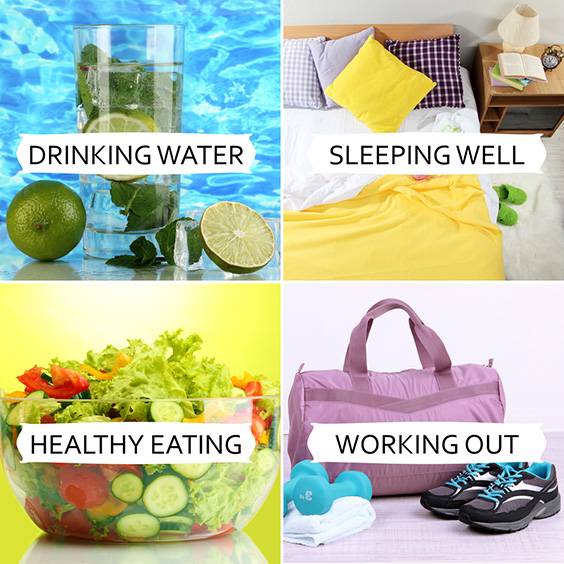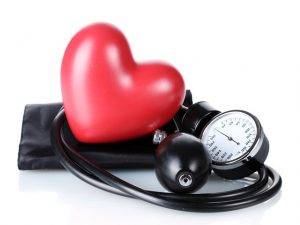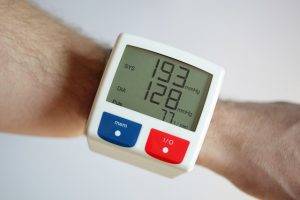When it comes to our health it is important we understand our body and it needs. Often times there are many medical conditions that can be reduced or controlled by our daily habits or lifestyles. This can include various different aspects of our lives such as our diets, water intake, sleep cycles, and exercise routines.
Medical conditions such as diabetes, heart disease, cholesterol, and high blood pressure, can all be effectively controlled with good exercise, dietary control, and good sleep. This is because these factors either help limit harmful foods from being ingested or provide us with increased healing or immunity. Diet plans can help avoid sugars and cholesterol increasing foods, whereas exercise and good sleep can boost immunity and speed up the healing process.
One such example of lifestyle choices that can help us in controlling a medical condition is napping. Napping has been scientifically proven to increase concentration, improve stamina, increase creativity, and reduce stress. It is also linked to the improvement of many medical conditions such as high blood pressure.
Let’s take a look at how napping and blood pressure are related.
What is blood pressure?
Often times, people can be confused when referring to blood pressure. The medical condition is either low blood pressure or high blood pressure. This is because all humans have blood pressure, but when the pressure is higher or lower than average then it can be a medical concern.
Overall, the term blood pressure refers to the pressure that is caused by circulating blood on the walls of blood vessels. Largely this pressure is a result of blood that is pumped through our circulatory system by the heart.
Blood pressure is determined based on cardiac output, stiffness of arteries, vascular resistance, and is influenced by specific situations, emotional states, physical activity, and relative health.
High Blood pressure (Hypertension)
High blood pressure which is also known as hypertension is a type of blood pressure disorder. High blood pressure can occur as an indication of other issues and can cause severe negative effects in the long term.
The pressure within the arteries causes pressure against the arterial walls. This higher pressure can result in an increased workload on the heart. It also causes increased growth of unhealthy tissue on the walls of the arteries forming an atheromatous plaque.
The higher the blood pressure the higher the stress on the arteries, leading to increased formation of plaques. The muscles of the heart thicken and become larger and weaker over time.
Untreated and constant hypertension is one of the leading causes associated with other fatal issues such as strokes, heart failure, aneurysms in the arteries and heart attacks. It is also one of the major causes of chronic kidney failure.
Low Blood Pressure (Hypotension)
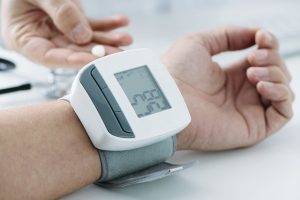
But our focus in relation to napping and blood pressure relates to high blood pressure. Let’s take a deeper look at how these are connected.
Napping and high blood pressure: is napping good for you?

Napping is associated with many positive results in our life, such as improving creativity, reducing stress and enhancing productivity. That’s right, napping lowers blood pressure. Even if you have a low heart rate and high blood pressure. If you’re looking at how to quickly reduce blood pressure; nap.
Some people claim that they don’t know how to nap, that they fall asleep too long but there are ways around that like setting alarms. Taking a nap is great for increasing productivity, and providing an energy boost, as you get a rest in the middle of the day. When you resume your work after resting for a while in the middle of the day, you are more reenergized and therefore are more productive.
Similarly, napping is helpful in relation to high blood pressure, as it provides a way to lower stress which is one of the leading causes of high blood pressure as well as it provides a way to lower physical exertion which may also be causing high blood pressure.
Research on napping and high blood pressure

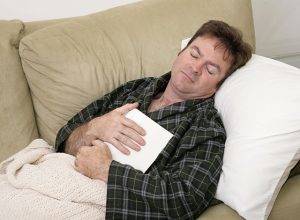
This sample of participants also included people who smoked and had type 2 diabetes. There was a control group as well who did not observe midday naps. This allowed for effective comparison of whether or not the midday naps made a difference in blood pressure.
The results of the research study found that the group of participants that did take the naps during the day (optimal nap times) has a 5.3 mm drop in Hg in systolic blood pressure. The researchers further explained that his is the same amount of drop in blood pressure that one could expect to see if they took some blood pressure medication or if they made some lifestyle changes.
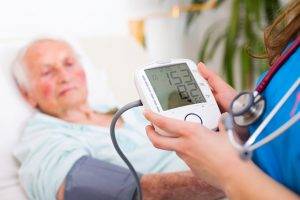
So, how to lower blood pressure in a day? Overall, the researchers state that if you are able to find the time to take a nap in the middle of the day, you should avail that opportunity as it can not only help you feel more rested but it can also help lower your blood pressure.
Conclusion
Napping can help in reducing high blood pressure as much as making other lifestyle changes. It may not be best to simply just rely on napping to take care of your high blood pressure but if you are able to take a nap during the day then you should avail it.
